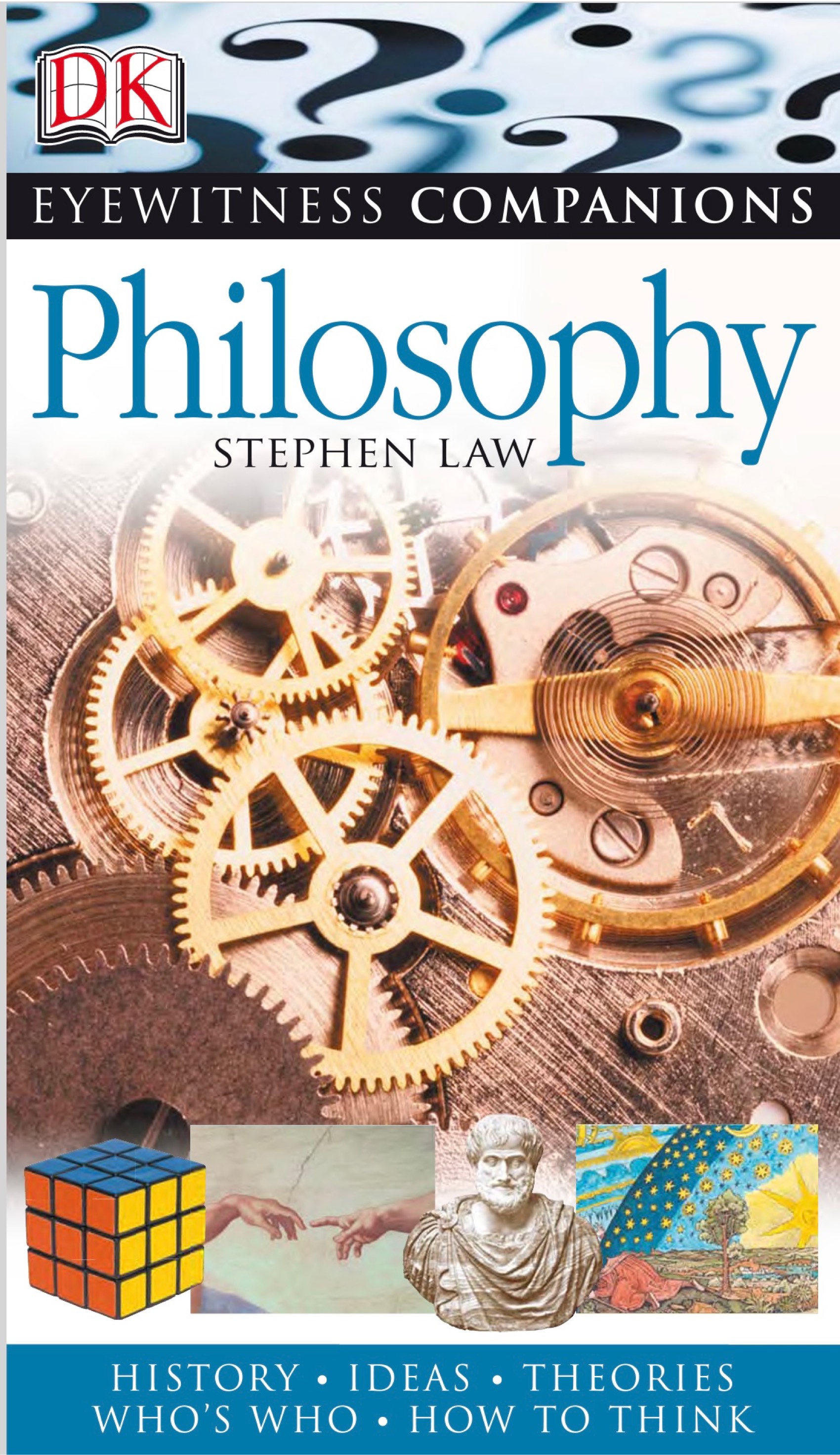DK PHILOSOPHY HISTORY OF IDEAS
Summary of DK Philosophy: History of Ideas
The DK Philosophy: History of Ideas is a visual and comprehensive guide that explores the development of philosophical thought throughout history. It introduces key thinkers, major movements, and fundamental concepts in philosophy, blending Western and Eastern traditions to provide a well-rounded overview.
1. Introduction to Philosophy
• Defines philosophy as the study of fundamental questions about existence, knowledge, morality, and reality.
• Discusses critical thinking, reasoning, and argumentation as essential tools for philosophical inquiry.
• Emphasizes how philosophy influences science, politics, ethics, and daily life.
2. The History of Philosophy
The book traces the evolution of philosophical thought across different eras and cultures:
Ancient Philosophy (600 BCE–500 CE)
• Greek Thinkers: Socrates, Plato, and Aristotle laid the foundation of Western thought, discussing metaphysics, ethics, and political philosophy.
• Eastern Thought: Confucianism, Daoism, and Buddhism emphasized morality, harmony, and enlightenment.
• Roman Philosophy: Stoicism and Epicureanism influenced concepts of virtue, logic, and happiness.
Medieval Philosophy (500–1500 CE)
• Religious Influence: Thinkers like Augustine, Aquinas, and Avicenna integrated Christian, Islamic, and Jewish theology with ancient philosophy.
• Scholasticism: Sought to reconcile faith and reason, particularly through Aristotelian logic.
Early Modern Philosophy (1500–1800)
• Renaissance Humanism: A return to classical ideas emphasizing individualism and scientific progress.
• Rationalism vs. Empiricism: Descartes, Spinoza, and Leibniz championed rationalism, while Locke, Berkeley, and Hume argued that knowledge comes from experience.
• The Enlightenment: Kant and Rousseau explored reason, political rights, and moral philosophy.
Modern and Contemporary Philosophy (1800–Present)
• Idealism and Existentialism: Hegel and Nietzsche introduced radical ideas about reality and individual will.
• Analytic and Continental Philosophy: Wittgenstein, Foucault, and Derrida explored language, power, and deconstruction.
• Ethics and Science: Modern philosophy tackles AI, climate ethics, and consciousness.
3. Branches of Philosophy
The book categorizes philosophy into different branches, including:
• Metaphysics (nature of reality, time, existence)
• Epistemology (knowledge, skepticism, truth)
• Ethics & Moral Philosophy (what is right and wrong)
• Political Philosophy (government, justice, and rights)
• Philosophy of Science & Mind (reasoning, consciousness, artificial intelligence)
4. Notable Philosophers and Their Contributions
• Plato & Aristotle: Forms, ethics, political theory.
• Descartes: “I think, therefore I am” and dualism.
• Kant: Duty, morality, and rationalism.
• Nietzsche: Critique of religion, will to power.
• Wittgenstein: Language and logic.
5. Thinking Philosophically
• Encourages critical thinking, logical argumentation, and problem-solving.
• Introduces fallacies, reasoning tools, and how to construct sound arguments.
• Emphasizes how philosophy is relevant to modern issues like AI, ethics, and social justice.
Conclusion
The DK Philosophy: History of Ideas is a visually engaging, accessible guide that offers an overview of philosophical thought, from ancient times to contemporary discussions. It serves as both an introductory reference and a stimulating exploration for those interested in philosophy.
